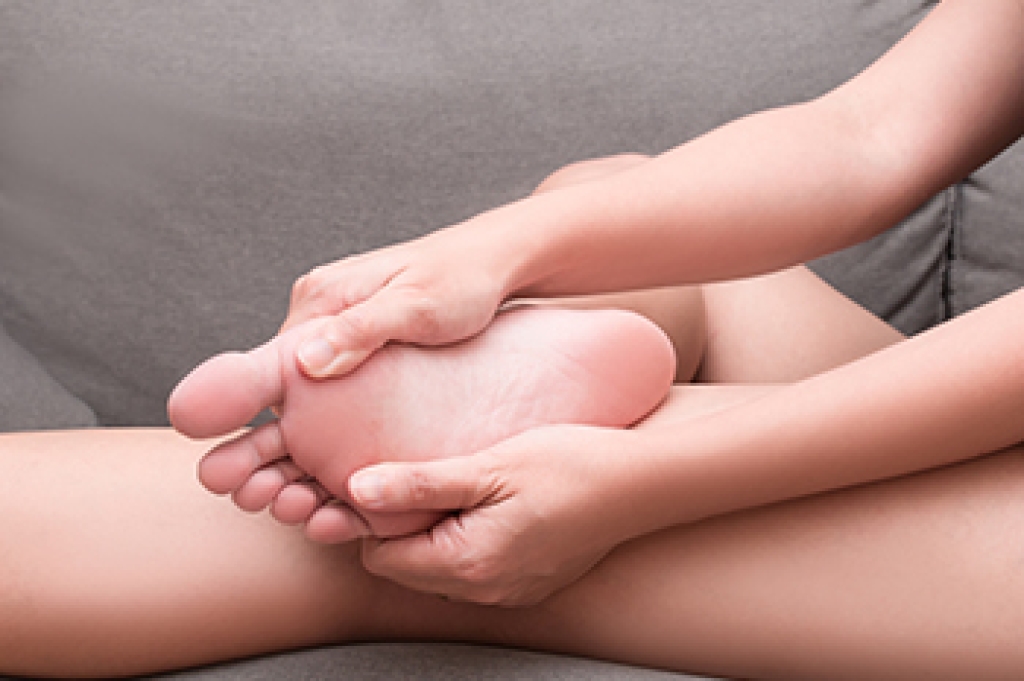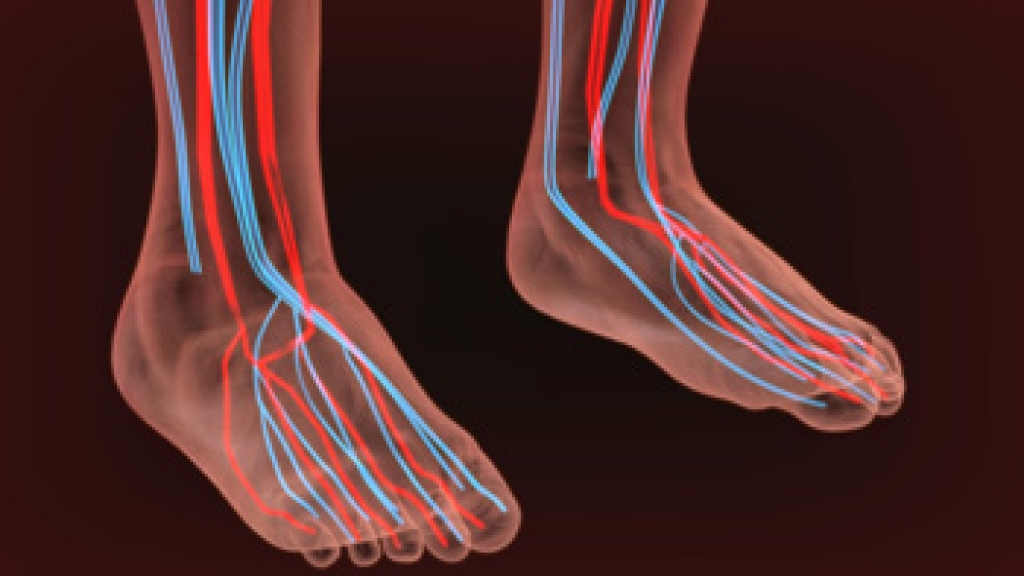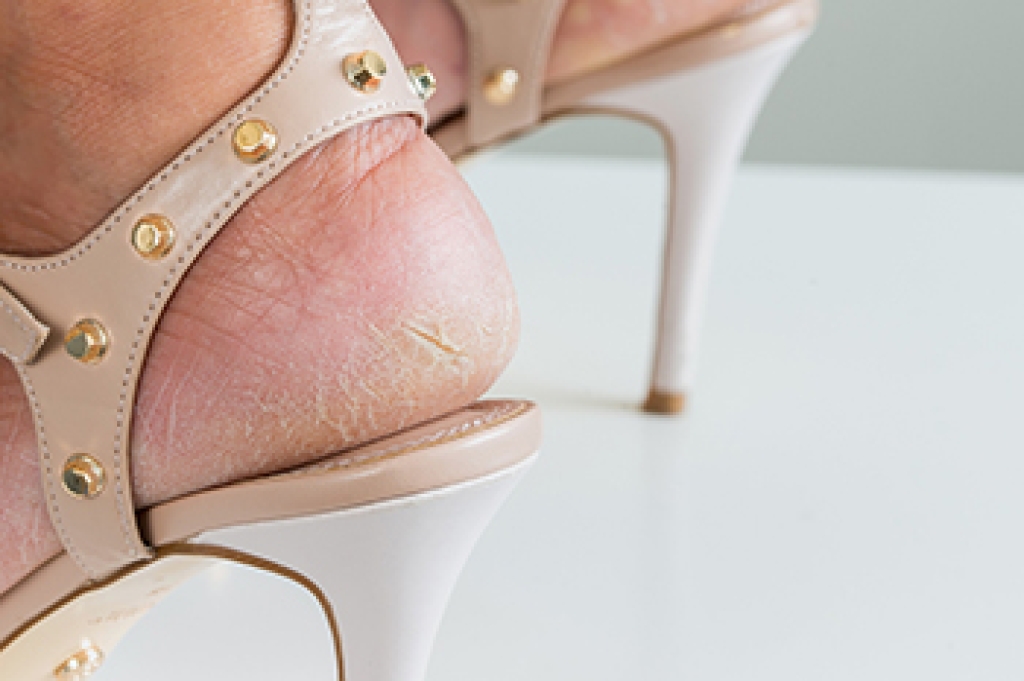 The sesamoids are two small, pea-shaped bones located just beneath the base of the big toe. These bones are responsible for helping the big toe move normally and provide leverage when the big toe pushes off while walking or running. The sesamoid bones can become injured from excess pressure on the balls of the foot. There are three main types of sesamoid injuries. Turf toe occurs when the soft tissue surrounding the big toe joint is injured and causes immediate sharp pain and swelling. A fracture occurs when a sesamoid bone breaks. Sesamoiditis occurs when the sesamoid bones and surrounding tendons become inflamed. If you are experiencing foot pain, it is strongly suggested that you seek the care of a podiatrist.
The sesamoids are two small, pea-shaped bones located just beneath the base of the big toe. These bones are responsible for helping the big toe move normally and provide leverage when the big toe pushes off while walking or running. The sesamoid bones can become injured from excess pressure on the balls of the foot. There are three main types of sesamoid injuries. Turf toe occurs when the soft tissue surrounding the big toe joint is injured and causes immediate sharp pain and swelling. A fracture occurs when a sesamoid bone breaks. Sesamoiditis occurs when the sesamoid bones and surrounding tendons become inflamed. If you are experiencing foot pain, it is strongly suggested that you seek the care of a podiatrist.
Sesamoiditis is an unpleasant foot condition characterized by pain in the balls of the feet. If you think you’re struggling with sesamoiditis, contact one of our podiatrists of Westside Podiatry Center, LLP. Our doctors will treat your condition thoroughly and effectively.
Sesamoiditis
Sesamoiditis is a condition of the foot that affects the ball of the foot. It is more common in younger people than it is in older people. It can also occur with people who have begun a new exercise program, since their bodies are adjusting to the new physical regimen. Pain may also be caused by the inflammation of tendons surrounding the bones. It is important to seek treatment in its early stages because if you ignore the pain, this condition can lead to more serious problems such as severe irritation and bone fractures.
Causes of Sesamoiditis
- Sudden increase in activity
- Increase in physically strenuous movement without a proper warm up or build up
- Foot structure: those who have smaller, bonier feet or those with a high arch may be more susceptible
Treatment for sesamoiditis is non-invasive and simple. Doctors may recommend a strict rest period where the patient forgoes most physical activity. This will help give the patient time to heal their feet through limited activity. For serious cases, it is best to speak with your doctor to determine a treatment option that will help your specific needs.
If you have any questions, please feel free to contact one of our offices located in Liverpool, Camillus, Skaneateles, Oswego, and Cicero, NY . We offer the newest diagnostic and treatment technologies for all your foot care needs.




